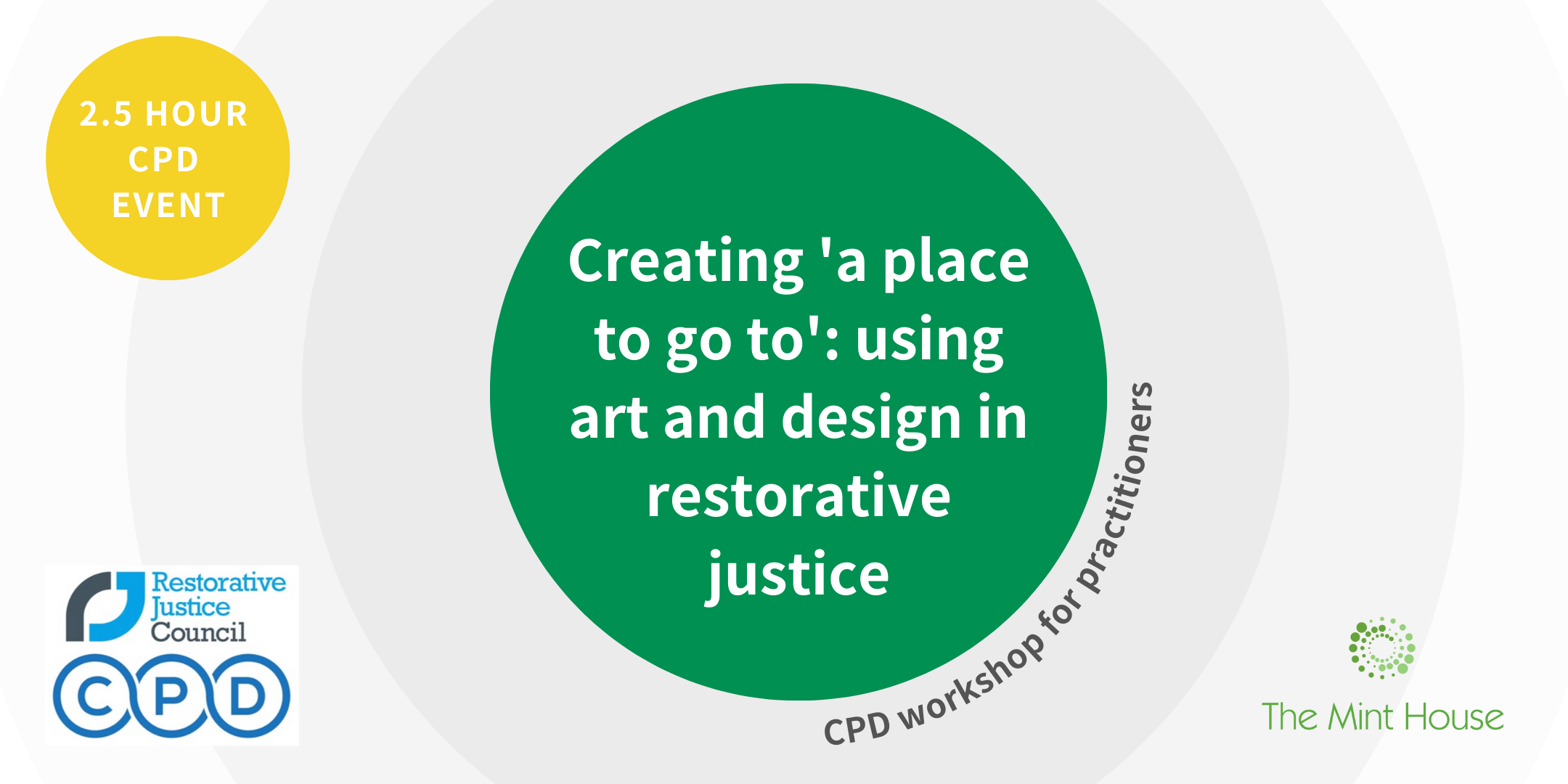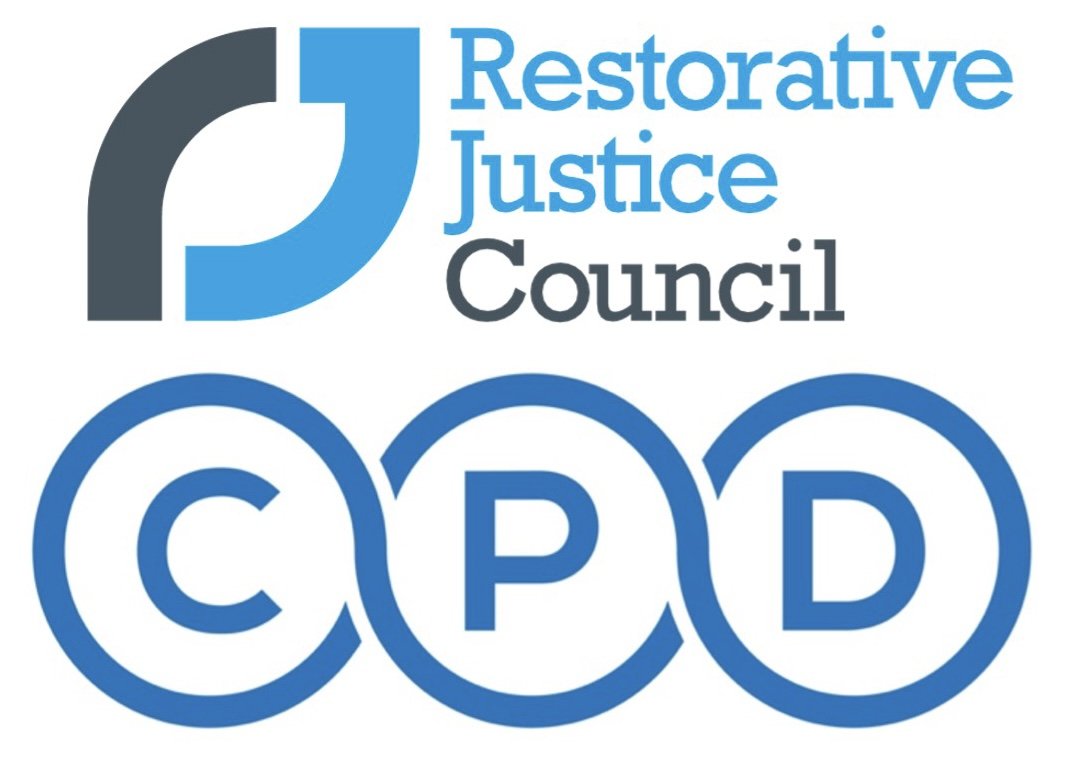This practical 2.5 hour CPD workshop will provide an exploratory space in which practitioners can learn and practice a variety of creative exercises to be integrated into their own restorative practice.
Practitioners will be invited to participate in and learn creative exercises with the intention that these can later be introduced into restorative processes with clients. The creative exercises will be interspersed with brief visual presentations which will contain the theory and research behind using art and design based approaches within restorative practice. In particular, participants will learn how creative approaches have the potential to enhance dialogues as well as healing.
You don’t need to have any prior experience or knowledge of art and design or of using art materials in order to take part - just enthusiasm and curiosity!
Learning outcomes:
A ‘toolkit’ of creative exercises to takeaway and use with clients
A basic knowledge of the research and theory behind using art and design approaches within restorative practice
An introduction into how to use creative tools as part of a trauma-informed approach
An understanding of how art and design approaches can provide more inclusive and accessible spaces for restorative ways of working
You will need the following basic materials to hand (found in most offices and many homes) in order to fully participate in the workshop as we are meeting online:
Several sheets of paper or card
1 pencil
1 pen
3 or more coloured pencils (in different colours)
3 or more felt tip pens or marker pens or highlighting pens (in different colours)
1 ruler
1 pair of scissors
Tape of some kind and/or glue (eg. pritt stick)
Optional extras: 3 or more crayons, pastels or chalks (in different colours) and/ or 1 paintbrush and pot of paint (any kind, including wall paint)
The workshop will be facilitated by Dr Clair Aldington, a freelance researcher, practitioner and co-founder and Director-Practitioner of Space2face restorative practices and arts charity in Shetland, Scotland. Clair has over 20 years of experience in working in the field of restorative practices, with a focus on using art and design in restorative processes. She has pioneered the use of art and design as an intrinsic part of restorative processes and has authored several academic articles and book chapters on her practice and research.
This event has been CPD approved by the Restorative Justice Council. Attendees who participate in the full 2.5 hours of the workshop will receive a certificate for 2.5 CPD hours.
Tickets can be booked on Eventbrite and ticket prices are variable:
£25 (e.g. employed professional/government/academic/large organisation)
£10 (e.g. students or employed by a small charity)
We are aware that many people can have their registration fees covered by their organisation/employer as part of their CPD and would prefer to be invoiced for the workshop cost. We can invoice for multiple attendees or multiple workshops on one invoice – please contact joy@minthouseoxford.co.uk to arrange this.



